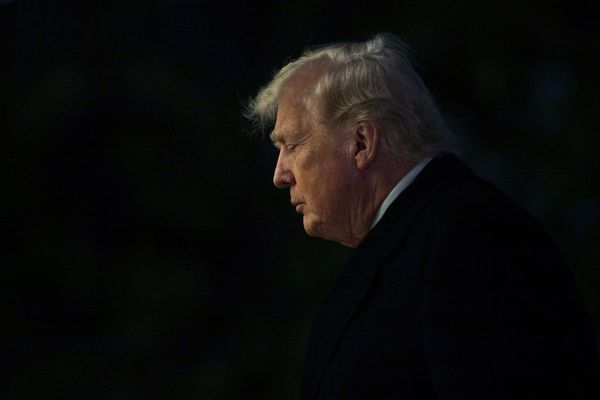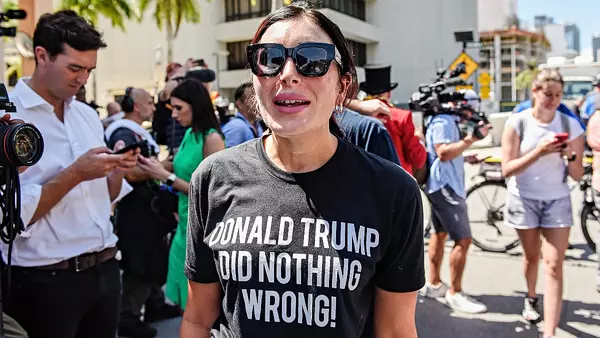
The United Nations International Fund for Agricultural Development (IFAD) is in talks with the International Monetary Fund on joining forces on a new financing programme designed to shore up sustainable growth in poorer countries.
IFAD could become a partner of the IMF's $45 billion lending initiative, the Resilience and Sustainability Trust (RST), bringing its expertise on how small-scale producers and farmers cope with climate change in vulnerable countries, the incoming IFAD president told Reuters.
"The IMF needs implementing partners and is still in the process of deciding how that works," said Alvaro Lario. "We could participate through the climate adaption angle of the RST."
Food security is key for many emerging and frontier market economies, which are vulnerable to the effects of climate change and have also been at the sharp end of a global rise in inflation in countries where foodstuffs make up as much as 40% in inflation baskets - the selection of goods used to calculate the cost of living.
Launched in spring, the RST will start lending in October - coinciding with policy makers from around the globe meeting in Washington for the annual meetings of the IMF and World Bank.
IFAD approved just over $1 billion in low-interest loans and grants in 2021, according to its annual report, and is invested in 94 countries, with 207 ongoing programmes until the end of last year, mainly focused on Africa. It works closely with lenders such as the World Bank and the African Development Bank.
MORE PAIN TO COME
Lario noted that Russia's invasion of Ukraine on Feb. 24 pushed up the price of key products farmers need, adding the cost of raising a broiler chicken in Nigeria had gone from $5 to $8 while a 30 kilogram fertiliser bag in Liberia soared from $40 to $100.
Heads of state, especially in Africa, have identify food security as a national security matter, Lario added.
"The global food crisis is not going to get better," he said.
Lario, who takes up his post on Saturday, said he saw the strength of the U.S. dollar as one of the main challenges he will face, as many of IFAD's funding pledges to countries are in local currencies.
IFAD is also joining forces with the IMF on the new food shock window under its emergency financing instruments, as the U.N. agency's main goal is to tackle poverty in rural areas.
IFAD's member states review the fund's performance every three years and replenish its resources and this process is due to take place in 2023.
Current world circumstances meant donors had to weigh up the need for immediate food security needs and longer term support, Lario said.
(Reporting by Jorgelina do Rosario and Nigel Hunt; Editing by Karin Strohecker and Frances Kerry)







